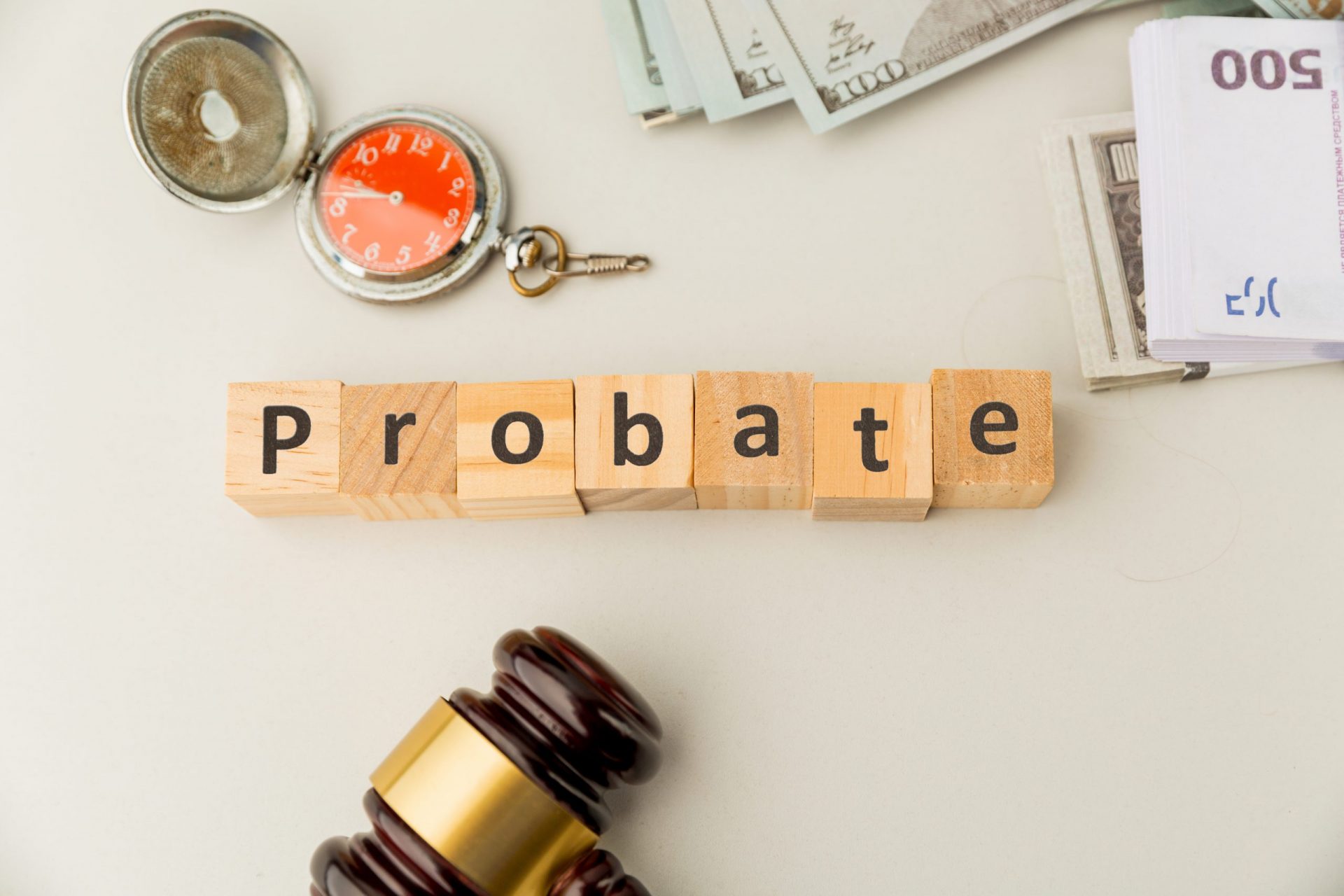Although it is not legally required for you to hire an attorney after the passing of a loved one, it is always a good idea to consult with an attorney well-versed in estate and/or trust administration. An experienced attorney will have a lot of insight into the process, having worked with probate matters on a daily basis. Moreover, a good probate attorney will be up-to-date on the most current laws and procedures, and will know how to streamline the process as much as possible.
There is a lot of misinformation about how to handle a loved-one’s assets after their death. That is because every case is different. And, if something goes wrong in the handling of your matter, you could be liable to all of the potential heirs of the deceased family member.
When considering the complicated paperwork, financial responsibilities and time-sensitive deadlines, most folks do not want to take on that kind of responsibility without professional guidance. Additional factors that might indicate that professional advice is necessary include:
- Family members threatening to contest a will;
- Family members making unreasonable time demands (“I want my money now!”);
- Business dealings that weren’t complete when the loved-one passed away;
- The need for a guardian for a minor or disabled adult;
- A shortfall of assets to cover debts owed by the estate;
- Complications with the taxes;
- Assets were not properly owned by an existing trust.
Receiving professional guidance on estate / trust administration often saves dollars and time for the family. For your own protection and your family’s peace of mind, contact Longstreet Elder Law for any questions you have regarding the passing of a loved one.





